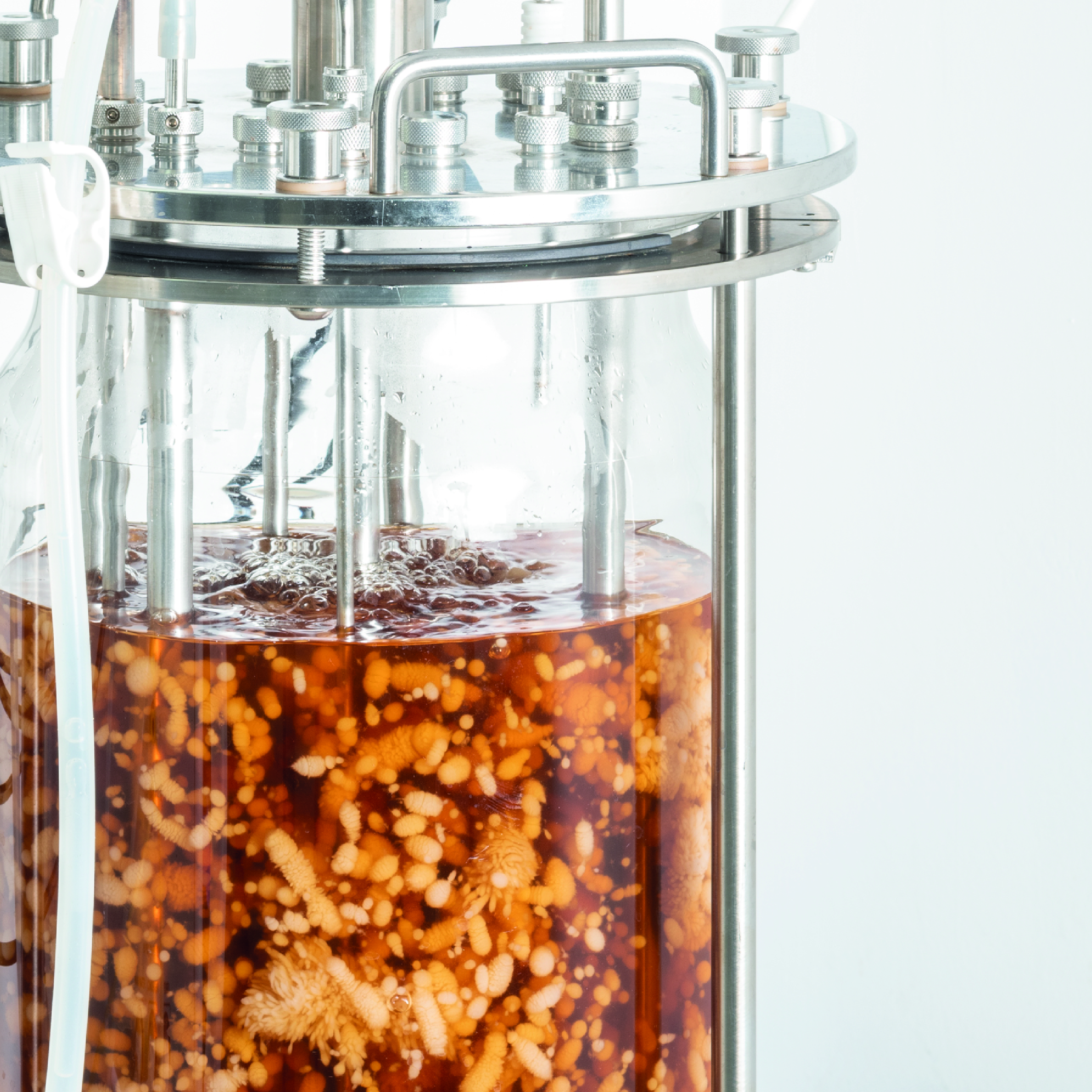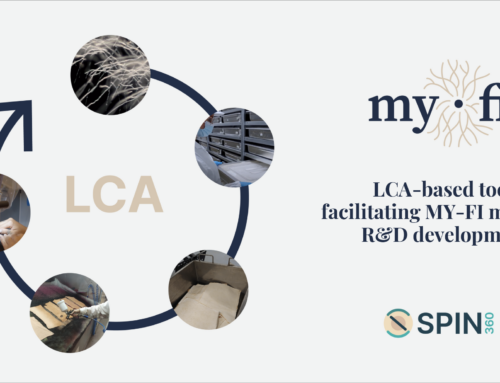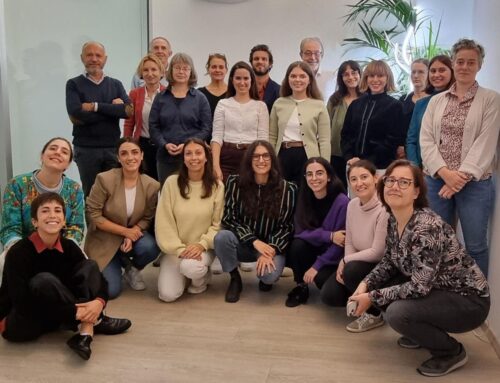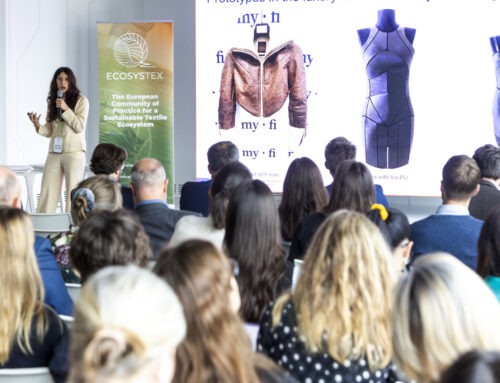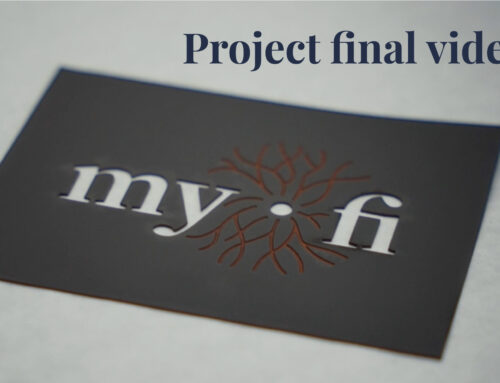One of the main goals for the MY-FI project is to achieve the successful scale-up of the material production. This achievement represents a crucial requirement for the economic viability of any newly developed material or product: highly efficient production yields at industrial scale will significantly decrease the overall processing costs, making the final product available at more attractive prices for customers.
Our WP3 partner Bioprocess Pilot Facility is identifying and evaluating the bottlenecks related with the large-scale production of mycelium biomass via dynamic liquid fermentation, an innovative strategy which has never been implemented for these fungal strains. Shear stress and mass transfer limitations encountered in continuously stirred tank reactors can change fungal metabolism, leading to distinct biomass properties and increased by-product formation. The goal is to develop an optimized process that can deliver consistent results, easily translatable into industrial scale.
Until now, BPF was able to substantially improve the biomass titers using defined media (up to 40 g/L, dry weight) but the production costs could be further decreased in case carbon-rich waste streams are used. Moreover, a fully automated strategy for downstream processing is under development at their facility, facilitating implementation and production at industrial scale. The full integration of fermentation and downstream processing at scale, along with waste stream reduction and potential recycling, will eventually lead to production costs below 4€/m2 of mycelium-based fabric, making the product attractive for the current market.
